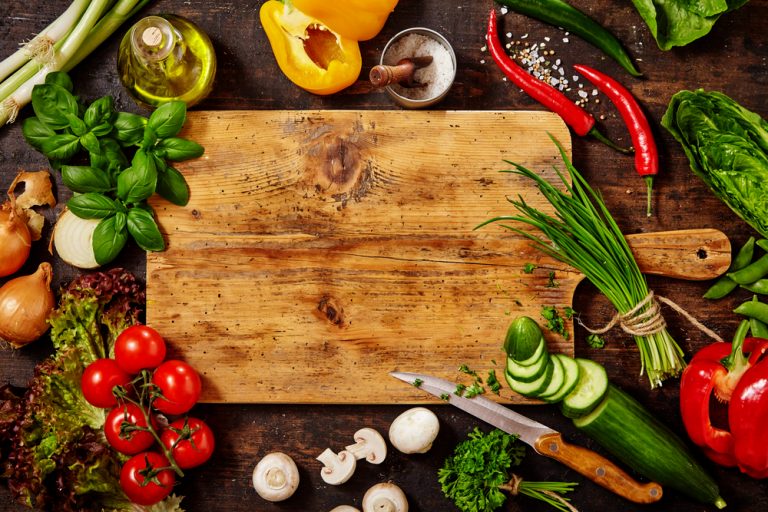Ever think you’re being a bit too cautious?
With all this talk about food safety myths and hidden dangers and health inspections, I can forgive you for getting a little paranoid. After all, the consequences of making a mistake can be expensive (and gross).
However, not everything is a lawsuit waiting to happen. Some common food safety beliefs are actually safer than we think they are. We’ve included a short list of them below.
Plastic vs Wood Chopping Boards
This is a hotly debated topic, with many opinions and studies divided into two camps. Some believe plastic is safer, while others believe wood is safer. But does it really matter what you use?
Not really according to the FDA. Their stance is that either material is fine as long as you wash them properly after every use and replace them often.
Glass cutting boards, however, are always a bad idea. Not only is there a risk of you getting glass particles into your food (although it’s a small risk), you’re also damaging your knives every time they’re used.
Best Before Date
There are two dates that normally apply to food: best before dates and expiration dates. Consumers often confuse one with the other. Best before dates are not expiration dates.
Many foods are still safe to consume after the best before date has passed. Foods such as:
- Milk
- Eggs
- Butter
- Yogurt
- Crackers
These foods are still good for a few days or even weeks after the best by date–as long as they’re stored properly, that is.
But there are certain foods you shouldn’t take chances with, like raw and deli meats. When in doubt, throw it out.
Cooking Meats from Frozen
Speaking of meats, what about the belief that you need to thaw meat before you cook it? Well, it turns out that it’s not totally required.
You can absolutely put meats directly on the grill, pan, oven or pot straight out of the freezer. All that will happen is that it will take longer to cook. The meat will be fine to serve as long as you check that the internal temperature reaches 70°C for at least two minutes.
Thawing just makes the cooking process faster. It doesn’t change the quality or safety of the food (except if you thaw it on the counter, which is a safety risk).
Spoilage From Open Tin Cans in the Fridge
Proper food safety procedures dictate that food most be properly refrigerated in a sealed plastic or glass container.
But there are times when we don’t have the time, energy or containers necessary, and just put the open tin can in the fridge, food and all.
Is this a risk? Are we opening ourselves up to spoilage or disease?
Nope!
Something does happen to food left in a tin can, but it’s not spoilage. The chemicals in the tin can may leach out and affect the food’s taste. It will taste different, but it will not increase the risk of spoilage.
Botulism from Tin Cans
There is also a belief that leaving food in the tin will encourage the growth of botulism. But botulism comes from the soil and is commonly introduced in home-canned foods that have low acidity.
Store-bought cans should be okay since canning companies have procedures to eliminate this risk. And leaving it in the fridge will not affect the food’s chances of being contaminated with botulism. It’s either already there, or it’s not.
